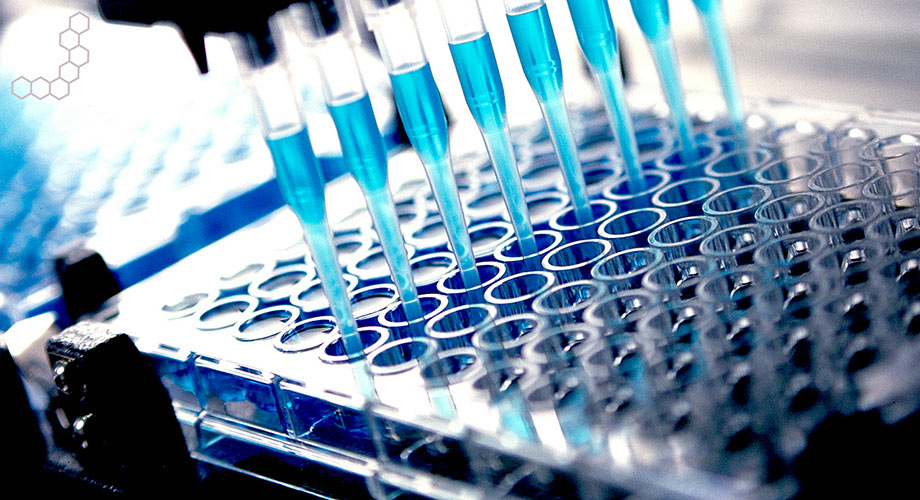A biomarker is a biological parameter that can be quantified or measured reproducibly and accurately. Hence, biomarkers are diverse and may include physiological, molecular, histological, and imaging characteristics.Biomarker assays are widely used to guide clinical decisions and ensure safe and effective treatments. In the 21st century, sponsors increasingly use biomarker assay testing in drug discovery and development processes
The development of a robust biomarker assay can help researchers understand the drug mechanism, select an ideal patient population for studies and monitor toxicity concerns during the development of drug products. Besides, clinical biomarker testing can make study designs more adaptive to developmental modifications. However, several challenges are faced by biomarker development services and biomarker validation services, during the development and validation of biomarker assays. Today, we discuss three critical challenges researchers encounter when developing robust biomarker assays.
Funding concerns
Study funding is a significant challenge for robust biomarker assays. Biomarker assays are often complex, and hence the resources required are relatively higher than other simple assays. Besides, due to its flexible nature, the expenditures associated with biomarker assays are difficult to predict. Moreover, with scientific advancements, the cost of developing biomarker assays will fluctuate. Hence, open communication between clinical biomarker services, biomarker assay services, sponsors, and regulatory bodies is critical for continued growth in biomarker analysis. In addition, an assessment of available biomarker assays will give a better picture of the costs associated with developing a novel biomarker assay.
Ethical and regulatory concerns
Being a relatively new domain, biomarker assays face ever-evolving ethical and regulatory requirements. These issues become more complex during biomarker-assisted clinical trials. Generally, the ethics committee positively embraces biomarker research. However, several administrative concerns may cause a hindrance in biomarker-assisted clinical trials. Although the ethics committee gives a green signal to a particular clinical trial, approval of additional study groups is often unclear. Depending on the research institution, these amendments are often not reviewed. They also lack the level of consistency required in reviewing clinical trials. Hence, sponsors face several regulatory and ethical challenges while developing biomarker assays. Besides, all relevant stakeholders must be up-to-date with accurate information about biomarker-assisted clinical trials.
Assessing biomarkers
Although it is a straightforward analysis to check for the presence or absence of gene mutations, it is challenging to confirm that the gene is relatively normal to classify a patient. Hence, it is demanding to assess the specificity and sensitivity of biomarker assays. If a study sample fails entirely, researchers can easily categorize it as negative. However, in the case of partial failure, they can find it challenging to classify patients. These situations will need additional analysis making the entire biomarker assay development a complex project.
Besides, changing the biomarker assay or staining machine mid-run can affect the experiment. This change will require full or partial re-assessment with the new technology. Hence, these modifications will have economic implications and need additional consideration to compare the new results with the old ones.













